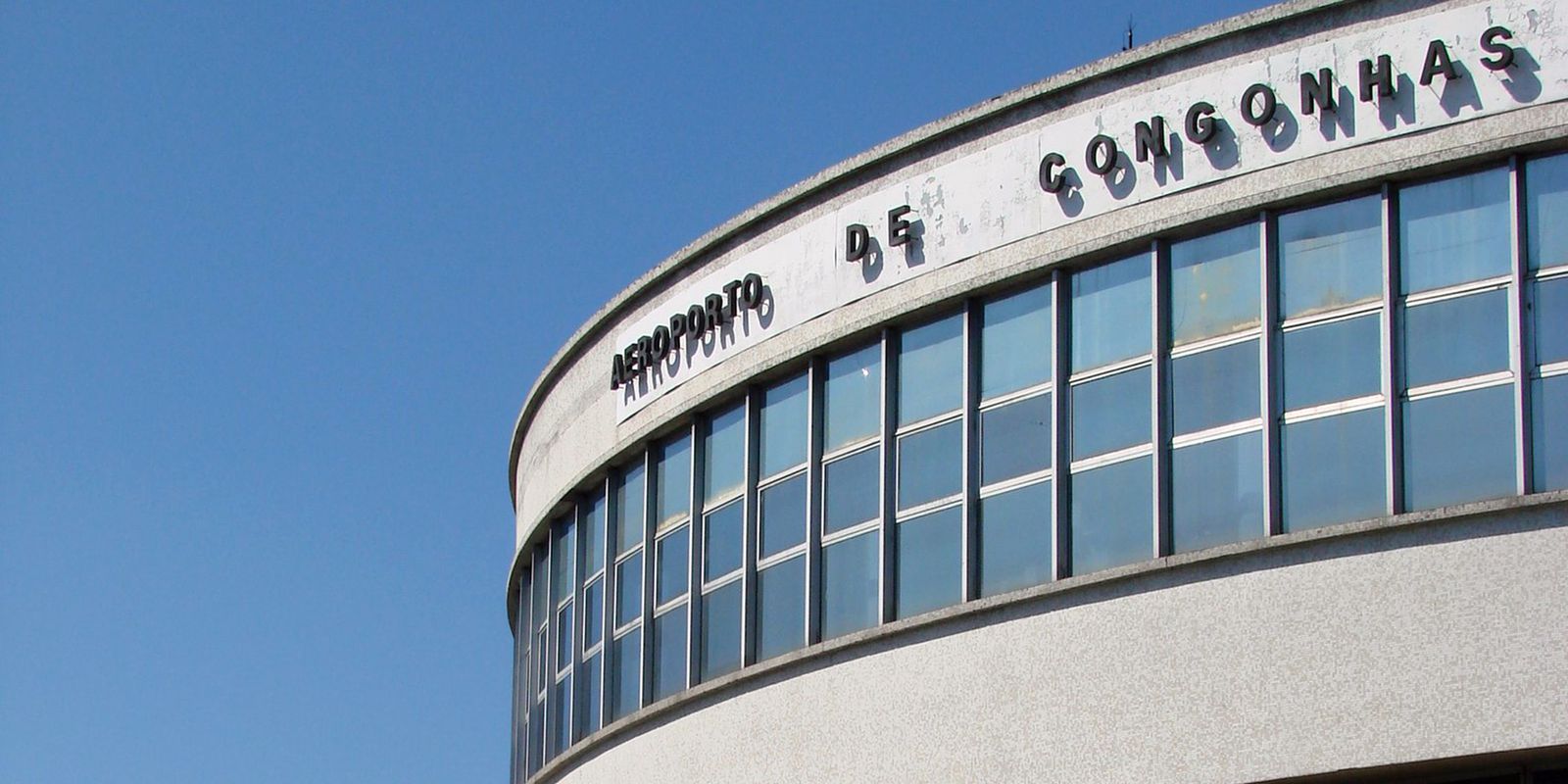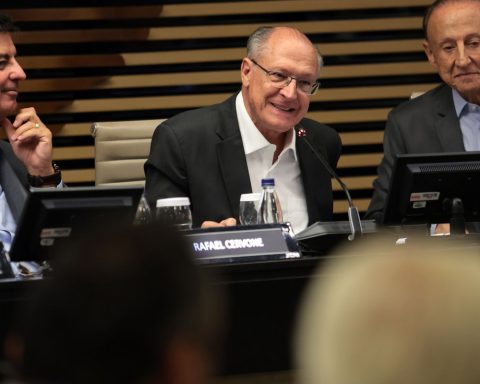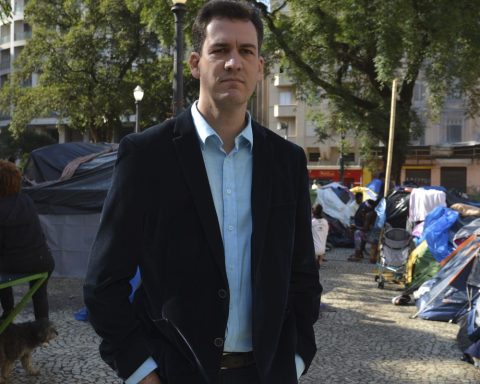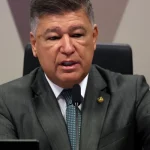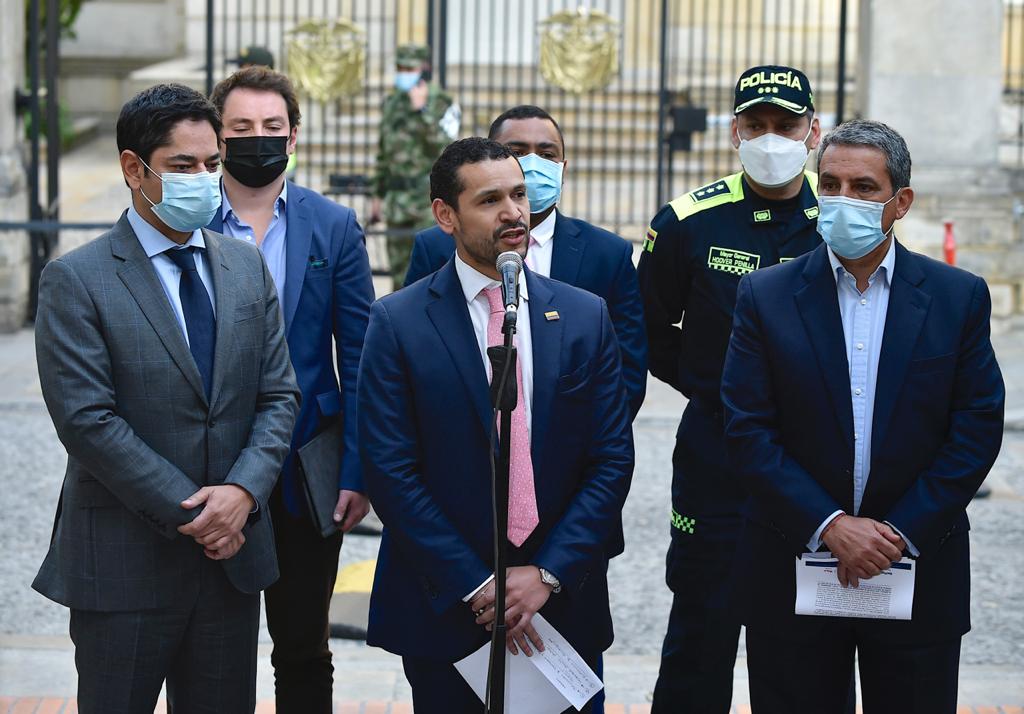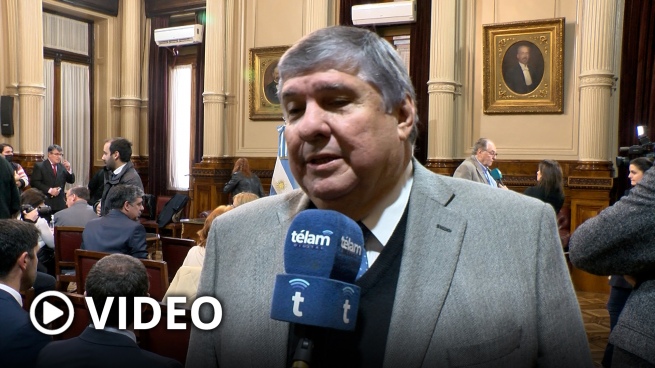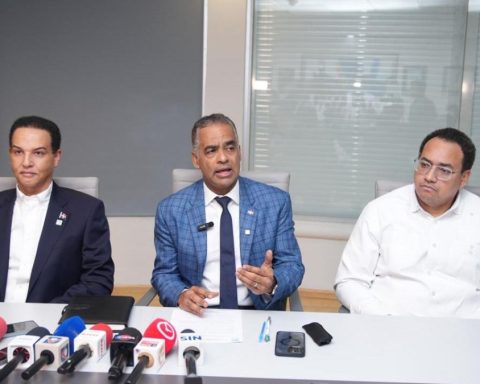The national secretary of Civil Aviation, Ronei Glanzmann, informed this Thursday (30th) that the federal government expects to reach the end of the year with 50 terminals granted for the administration of the private sector. If the forecast comes true, R$ 18 billion in private investments will be contracted. The information was given today during the presentation of the 2022 balance sheet of the Ministry of Infrastructure at a ceremony in Brasilia.
In the last two years, 34 airports were transferred to the private sector, including the terminals in Recife; Victory; Curitiba; Manaus and Goiania. According to Glanzmann, the next auctions already have a date. In addition to the trading floor at Congonhas airport, in São Paulo, the second busiest in the country, on August 18, 14 more terminals are scheduled.
Also planned for this year is the re-bidding of São Gonçalo do Amarante airport, in Rio Grande do Norte. For now, the National Civil Aviation Agency (Anac) awaits the release of the Federal Audit Court (TCU) to publish the notice and schedule the auction.
River
In Rio de Janeiro, the auction for Santos Dumont airport and the re-bidding of Galeão were for 2023. The original plan was for the Santos Dumont auction to be carried out together with the one for Congonhas airport, but without the support of the government of Rio de Janeiro. January was not possible.
Swing
According to the balance released by the Ministry of Infrastructure this Thursday, 84.68% of the portfolio’s budget has already been applied in 2022. According to Minister Marcelo Sampaio, in the first half alone, 43 projects were delivered – 34 in the road modal, six in the airport, two on the waterway and one on the railway.
In total, 630.3 kilometers of roads were duplicated, paved and restored. The interventions carried out also include the renovation and expansion of airfields, maintenance works and fluvial containment in waterways and a railway concession.
The set of improvements carried out this year adds up to R$ 2.3 billion in public and private investments.
For the Minister of Infrastructure, the deliveries reinforce the commitment to Brazilians in the five regions and to the urgency of modernizing the infrastructure sector and balancing the national transport matrix, making Brazil grow efficiently and sustainably. “These are structuring works, fundamental to integrate a continental country, bringing more connectivity and security, facilitating the movement of cargo, boosting the economy and transforming the lives of the population”, evaluated Marcelo Sampaio.
